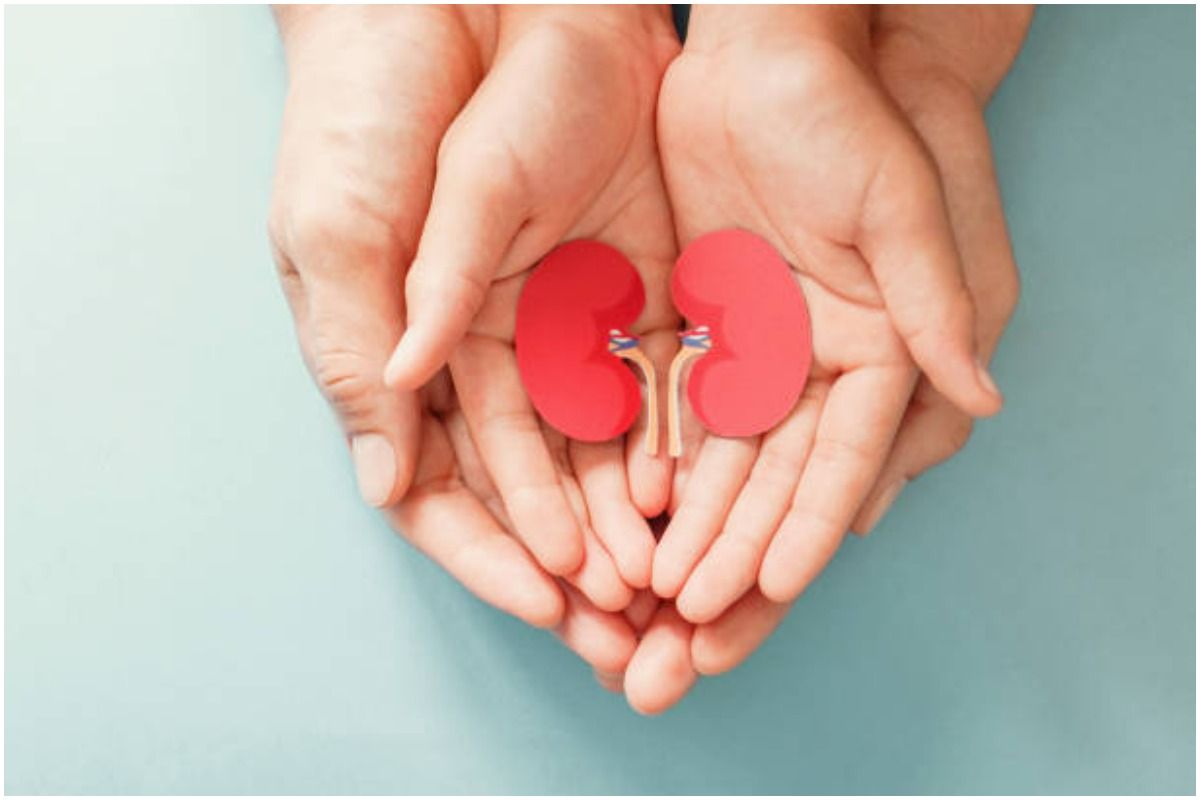World Kidney Day 2022: People who have been diagnosed with type 2 diabetes are often warned about the various risks they may face in the future. While the presence of diabetes alone may not be a disease in itself, if it is poorly controlled, it poses a great risk for various complications. The kidney is an organ that can be affected by poorly controlled diabetes in the long run. In fact, diabetes and hypertension, the two major cardiovascular risk-factors that are so prevalent in our adult population, bring down the significant incidence of kidney disease in our country.Also read – World Kidney Day 2022: From cabbage to cauliflower, here are 5 foods to keep the kidneys healthy
Our kidneys play an important role in the body’s metabolism, in addition to filtering toxins from the blood and many other functions. In fact, due to the constant activity, the kidneys have a very high level of energy requirement. In addition, the kidneys play an important role in maintaining the balance of minerals as well as the acid-base state in the body. Proper balance of sodium, potassium, calcium, magnesium, chloride or organic acids is essential for good health. Also read – World Kidney Day 2022: 8 Healthy Habits to Keep Your Kidney Healthy
In diabetes, uncontrolled blood sugar levels also injure small blood vessels, stimulating low-grade inflammatory processes, resulting in gradual progressive damage to kidney-cells. Such damage results in a gradual progressive decline in kidney function, leading to serious damage over the years. It is important to recognize that in people with diabetes, before a serious health problem develops, the kidneys can undergo silent and progressive damage for many years. The kidneys, being intricately connected to the heart and vascular system, also affect the risk of uncontrolled blood-pressure, anemia, heart failure and premature death.
Progressive kidney disease also increases the risk of bone disease. Eventually, in the final stages of kidney disease, the kidneys may fail to survive without regular dialysis or kidney transplantation. About 2 out of every 1000 people with type 2 diabetes suffer from end-stage kidney disease.
Importantly, the kidneys can be protected by minimizing the risk through good lifestyle measures. Maintaining good control of blood sugar, blood pressure and cholesterol plays a key role in the long run.
- Patients with diabetes who have kidney disease should follow an individual diet of vegetables, fruits, whole grains, fiber, legumes, plant-based proteins, unsaturated fats and nuts.
- The diet should be low in processed meats, refined carbohydrates and sugary drinks. Tobacco smoking is a major risk factor for the progression of chronic kidney disease. Therefore, quitting smoking is very important.
- Salt intake should normally be <5 g / day (corresponding to sodium intake <2 g / day). Consumption of foods with high phosphorus content, such as dairy products, processed meats, bread, dark cola or chocolate, should be limited.
- Although the diet should be rich in fruits and vegetables, certain fruits and vegetables that are high in potassium, such as bananas, oranges, broccoli, potatoes or tomatoes, should be eaten in small quantities as recommended by the doctor.
- Moderate-intensity physical activity, consistent with the patient’s health condition, should be done regularly.
- As per the recommendation of the managing doctor, individualization of lifestyle measures as well as treatment goals is required for each patient.
The presence of diabetes or hypertension indicates a risk for possible development of kidney disease. The importance of maintaining good health habits with good lifestyle measures, such as maintaining regular habits in the long run and staying regular with medications, cannot be overemphasized.
(Author by Dr. Rakesh Kumar Prasad, Head & Senior Consultant, Diabetes / Endocrinology, Fortis Hospital, Noida)
.
Source link
